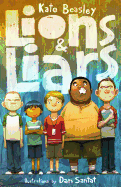Philip Roth Dies at 85
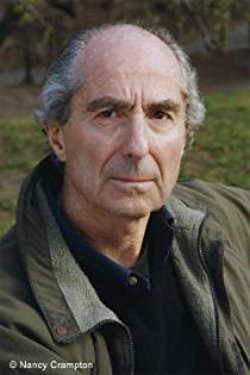 |
|
| Philip Roth | |
Philip Roth, "the prolific, protean, and often blackly comic novelist who was a pre-eminent figure in 20th century literature," died May 22, the New York Times reported. He was 85. During his long career, Roth "took on many guises--mainly versions of himself--in the exploration of what it means to be an American, a Jew, a writer, a man. He was a champion of Eastern European novelists like Ivan Klima and Bruno Schulz, and also a passionate student of American history and the American vernacular. And more than just about any other writer of his time he was tireless in his exploration of male sexuality," the Times wrote, calling him "the last of the great white males: the triumvirate of writers--Saul Bellow and John Updike were the others--who towered over American letters in the second half of the 20th century."
Although Roth was a perennial favorite for the Nobel Prize in Literature, it was one of the few honors that eluded him. He won two National Book Awards (the first one in 1960 for his debut story collection, Goodbye, Columbus), two National Book Critics Circle awards, three PEN/Faulkner Awards, a Pulitzer Prize and the Man Booker International Prize. In 2005 he became only the third living writer (after Bellow and Eudora Welty) to have his books enshrined in the Library of America. He received the National Humanities Medal from President Barack Obama in 2011.
Roth wrote more than 30 books, including Portnoy's Complaint, My Life as a Man, The Ghost Writer, Zuckerman Unbound, The Anatomy Lesson, The Counterlife, Operation Shylock, Sabbath's Theater, The Plot Against America, American Pastoral, The Human Stain and I Married a Communist.
In 2012, Roth officially announced that he was retiring as a writer. A Post-it note on his computer said, "The struggle with writing is done."
On Twitter, Blake Bailey, his biographer, observed: "Philip Roth died tonight, surrounded by lifelong friends who loved him dearly. A darling man and our greatest living writer."
Penguin Books UK posted: "We are saddened to hear of Philip Roth's passing. He was virtually without peer in American letters over the last sixty years and leaves behind a legacy of books--angry, hilarious, captivating and unique--that will be read for generations. Our condolences are with his family."
BBC books editor James Naughtie wrote that Roth's "heritage was extremely important, and in some ways he wrestled with it all his life. The question of identity, which is the question which, in the melting pot of America, is always going to be the one that a serious writer has to grapple with.... But in the end, you've just got to remember that here was a man who could write beautiful prose. That's what carried him through. His death puts an end to a whole era of American literature."












 The
The 
 Fifteen bookstores in downtown Shanghai
Fifteen bookstores in downtown Shanghai  On Thursday, the first part of the American Booksellers Association's Summer 2018 Kids' Next List was delivered to more than a third of a million of the country's best book readers, going to 402,749 customers of 119 participating bookstores. The second part will be published Thursday, June 21.
On Thursday, the first part of the American Booksellers Association's Summer 2018 Kids' Next List was delivered to more than a third of a million of the country's best book readers, going to 402,749 customers of 119 participating bookstores. The second part will be published Thursday, June 21.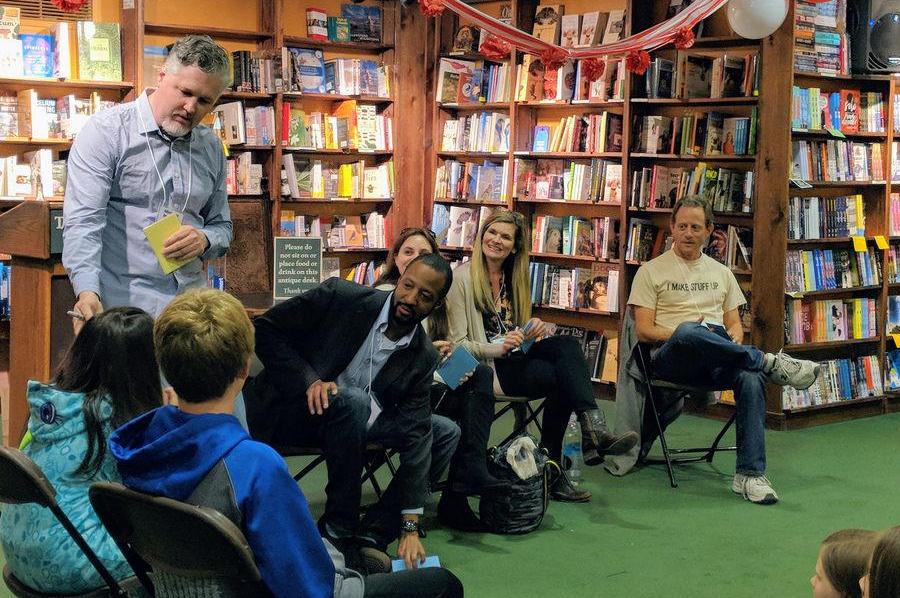
 One day in 2002, Carolyn Statler received a call from her sister, Mary Kay Pitts, who informed her that they, along with their other sister, Barbara Rogers,
One day in 2002, Carolyn Statler received a call from her sister, Mary Kay Pitts, who informed her that they, along with their other sister, Barbara Rogers,  "Bravocado!" To celebrate graduation season,
"Bravocado!" To celebrate graduation season,  The Glitch
The Glitch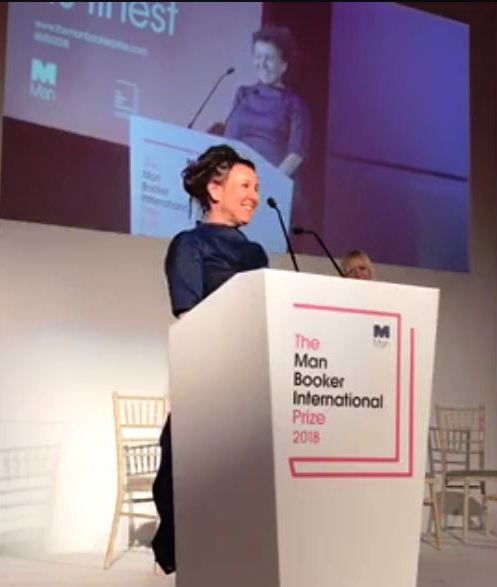

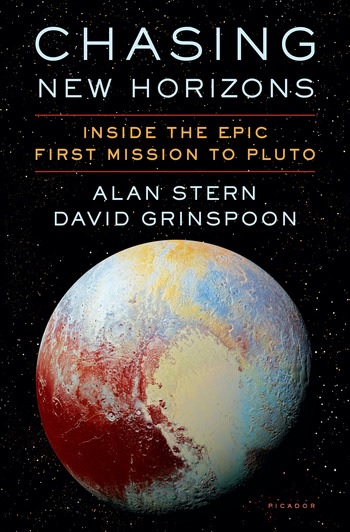 Book you're an evangelist for:
Book you're an evangelist for: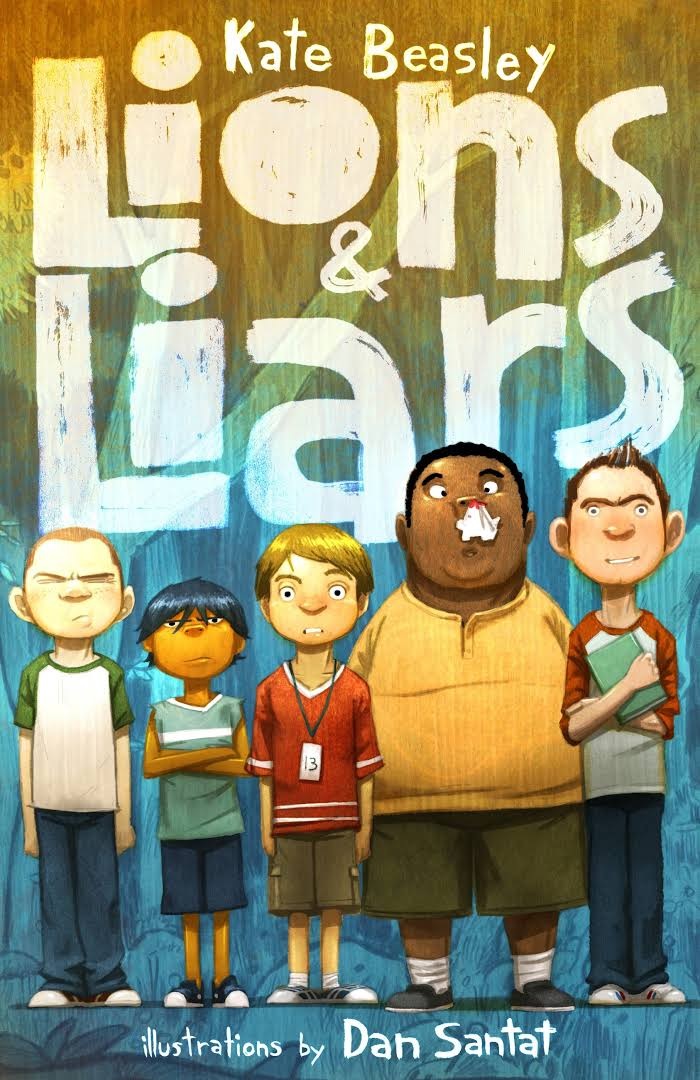 Ten-year-old Frederick Frederickson is not the guy who wins games and walks around school like he owns the place. In fact, he's the opposite. He's "the one who missed the shot and lost the game for everyone else, the one who got laughed at, the one who walked through the school and stepped in spilled Kool-Aid that dried sticky to the bottom of his shoe so that every time he took a step he had to peel his foot off the floor with an embarrassing sque-e-e-e-lcha."
Ten-year-old Frederick Frederickson is not the guy who wins games and walks around school like he owns the place. In fact, he's the opposite. He's "the one who missed the shot and lost the game for everyone else, the one who got laughed at, the one who walked through the school and stepped in spilled Kool-Aid that dried sticky to the bottom of his shoe so that every time he took a step he had to peel his foot off the floor with an embarrassing sque-e-e-e-lcha."